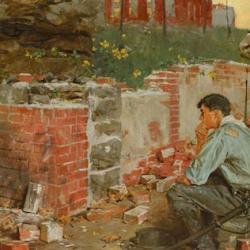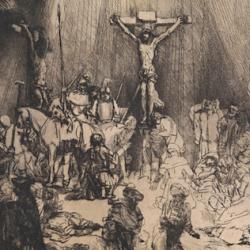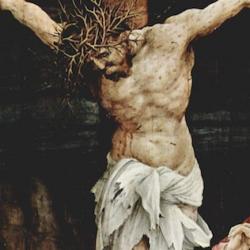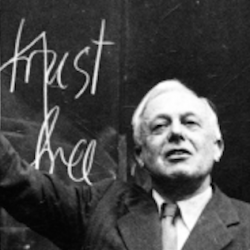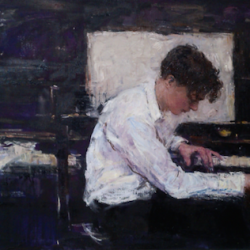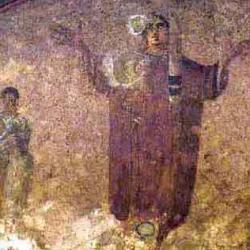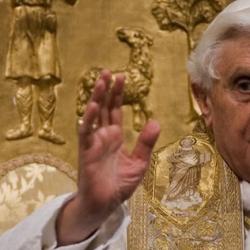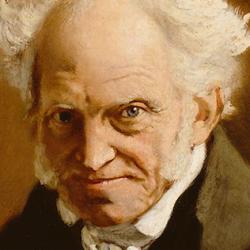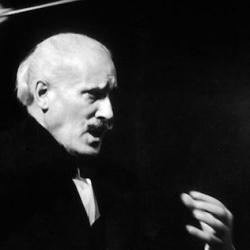Joseph Bottum offers a Girardian analysis of the current craze for knocking down monuments (Weekly Standard). Along the way, he explores the origins of the Confederate memorials, observing that “The list of removed statues and memorials seems mostly to prove what busy beavers the United Daughters of the Confederacy were from the 1910s through the 1960s.” This surge in Confederate memory was driven by the political needs to the Democratic party: “it was with Woodrow Wilson in 1912, and especially... Read more

